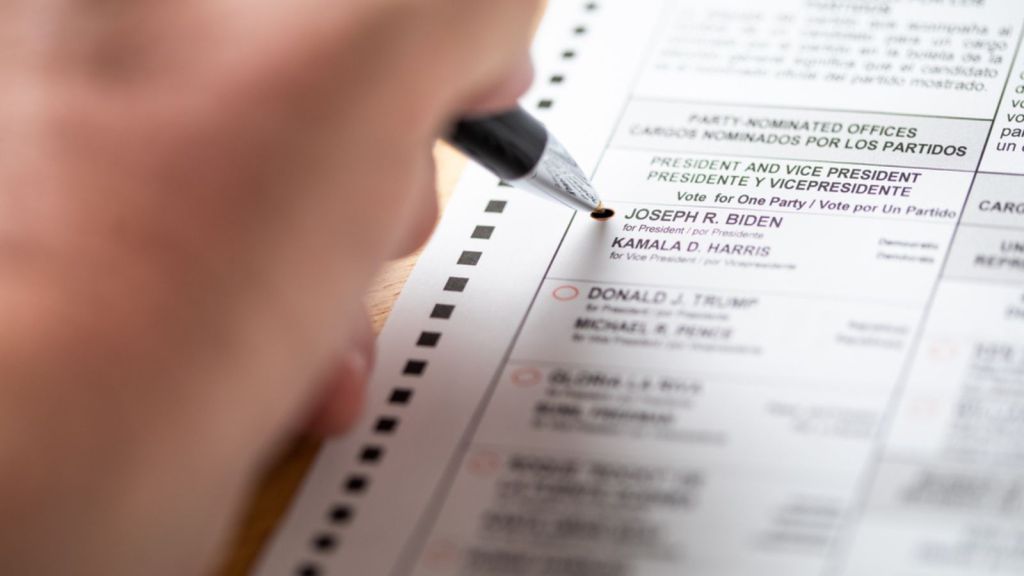“Unlocking Democracy: The 14 Surprising Myths About U.S. Voting That Could Change Your Perspective!”
8. Ex-Cons Can’t Vote


This is a highly misunderstood topic. While it’s true that some states restrict voting rights for individuals with felony convictions, the rules vary widely. In many states, you can regain your voting rights once you’ve completed your sentence, including parole or probation.
Maine and Vermont even allow people to vote while still incarcerated. Check your state’s regulations to see if you’re eligible. You might be pleasantly surprised.
9. You Have to Vote for Every Race on the Ballot


That’s also not true. If you’re unsure about certain races or ballot measures, you can leave them blank without invalidating the rest of your ballot. This is called “undervoting.“
It’s better to make informed choices for the races you care about than to feel pressured to guess. Your votes for the sections you do complete will still count. Don’t stress if you’re unfamiliar with every name on the list.
10. I Can’t Vote If I Moved Recently


Good news—moving doesn’t mean you lose your right to vote. If you’ve recently moved, you just need to update your voter registration.
However, make sure to check your state’s deadlines and rules so you know what documentation you’ll need. Whether you moved across town or across the country, you can still make your voice heard.
11. Illegal Immigrants Can Vote in Elections


Voting is a right reserved for citizens, which means illegal immigrants and legal residents (green card holders) can’t participate in federal elections. Sometimes, political discussions bring up concerns about non-citizens voting, but federal law clearly states they’re not allowed to vote, and trying to do so can lead to serious legal issues.













